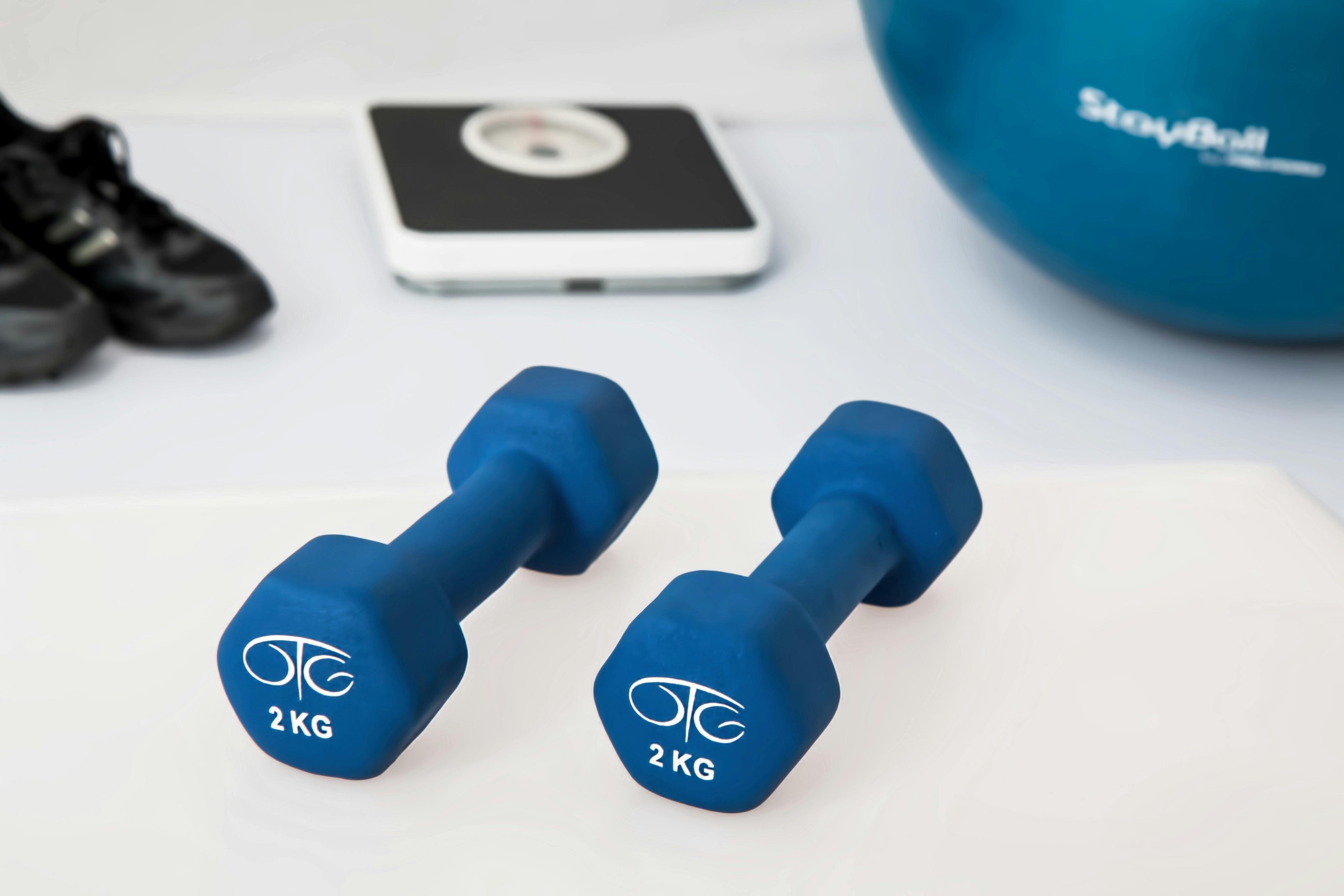Efficacy and Safety of Liraglutide for Weight Loss in Non-Diabetics
Navigating the besieged landscape of weight loss solutions, you stumble upon a new contender: Liraglutide. Devoid of insulin-spiking sugars, Liraglutide steps up to the plate offering promising results for non-diabetics aiming for quick, sustainable weight loss. Harness its potential and unlock a different pathway towards your weight loss journey. As you traipse through this article, you will uncover the efficacy and safety of Liraglutide, whisking away the veil of uncertainty that often looms over weight loss remedies.
Understanding Liraglutide
Definition of Liraglutide
Liraglutide is a type of medication that has multiple uses but is mainly used for the treatment of type 2 diabetes and weight management. Pharmaceutical companies may offer liraglutide under different brand names. However, the fundamental component remains the same. A particular feature of liraglutide is that it’s a kind of GLP-1 agonist, meaning it triggers specific receptors in your body to produce glucose-dependent insulin, in addition to other effects.
Medical Uses of Liraglutide
As stated before, the main uses of Liraglutide are for the management of type 2 diabetes and weight management. It is commonly used when diet and exercise alone do not effectively manage blood sugar levels. Besides these, it can also be employed to reduce the risk of major cardiovascular events in adults with type 2 diabetes who have known heart disease.
How Liraglutide Works in the Body
Now, you might be wondering how this medicine works inside the body. Liraglutide works by mimicking a hormone found naturally in the body (GLP-1). This impact aids your body by reducing glucose production in your liver and facilitates the release of insulin from your pancreas when your blood sugar levels are high. The regulation and maintenance of insulin, in turn, help keep your blood sugar levels in check.
Liraglutide in Weight Management
Role of Liraglutide in Weight Management
Besides managing blood sugar levels, Liraglutide has a crucial role in weight management. The medication can work as an appetite suppressant by signaling your brain that you’re full and, as a result, will reduce your calorie intake through smaller portion consumption. Keep in mind, just taking Liraglutide isn’t enough; it’s most effective when combined with a reduced-calorie eating plan and regular exercise.
How Liraglutide Aids Weight Loss
As mentioned above, Liraglutide aids in weight loss by reducing your feelings of hunger. Not only does it help curtail your appetite, but it can also help you feel fuller for longer periods. This action leads to fewer calorie intake and subsequently helps you in losing those extra pounds.

Efficacy of Liraglutide for Weight Loss
Clinical Trials Demonstrating Weight Loss Effectiveness
Clinical trials hint at the positive effects of Liraglutide for weight management. Studies show that patients who took Liraglutide for weight loss experienced more significant weight reduction than those who only implemented lifestyle changes.
Comparison of Liraglutide’s Efficacy With Other Weight Loss Interventions
When compared to other weight loss interventions, Liraglutide has shown promising results. The fullness effect it provides, video-assisted with the faster calorie burn when combined with regular exercise, has set it apart from many other weight loss medications.
Safety Profile of Liraglutide in Non-Diabetics
General Safety Information
As with any medication, it’s essential to consider the safety profile before starting Liraglutide. The drug has been deemed safe for non-diabetic individuals who want to lose weight. However, it’s crucial to discuss any existing medical conditions or medications with your healthcare provider before using it.
Results of Safety Studies Conducted With Non-Diabetic Patients
Several safety studies have been done on non-diabetic patients to assess the effect of Liraglutide. These studies reveal that while the drug is generally safe for use, side effects are possible, emphasizing the importance of medical supervision during its use.

Side Effects of Liraglutide in Non-Diabetics
Common Side Effects
The most common side effects of Liraglutide in non-diabetics tend to be mild and often include nausea, diarrhea, and decreased appetite. These effects are usually temporary and improve as your body adjusts to the new medication.
Rare but Serious Side Effects
While less common, some serious side effects may occur, including symptoms of pancreatitis, gallbladder disease, kidney problems, and mood changes. If you are using Liraglutide and notice any of these signs, contact your health provider promptly.
Managing Potential Side Effects
By following the recommended dosage and administration guidelines, you can minimize the likelihood of side effects. If you experience any side effects, contact your healthcare provider for guidance.
Potential Risks and Contraindications
Drug Interactions
Liraglutide may interact with other drugs, including insulin and sulfonylureas, leading to a higher chance of experiencing hypoglycemia.
Specific Population Groups that May be at Risk
Certain population groups might be more at risk, including people with a history of pancreatitis, gallbladder disease, or kidney disease. Pregnant women or women wanting to get pregnant should discuss potential risks and benefits with their healthcare provider.
When Not to Use Liraglutide for Weight Loss
Liraglutide should not be used for weight loss in individuals with a personal or family history of medullary thyroid cancer or Multiple Endocrine Neoplasia syndrome type 2.

Dosage and Administration for Weight Loss
Recommended Dosage
The recommended starting dosage for Liraglutide for weight loss in non-diabetics is generally a lower dose for the first week, which is then increased gradually to minimize potential side effects.
How to Correctly Administer Liraglutide
Liraglutide is administered via injection, usually once daily at any time that is convenient for you, with or without food. It is important to follow the directions specified by your healthcare provider or pharmacist.
Overdose Management and Consequences
In case of a suspected overdose, immediate medical attention should be sought to prevent serious consequences. Overdosing may result in severe nausea and vomiting.
Comparative Study: Liraglutide vs. Other Weight Loss Medications
Comparison with Other GLP-1 Agonists
Liraglutide, compared with other GLP-1 agonists, is often more effective in helping patients lose weight, as demonstrated in several comparative studies.
Comparison with Other Classes of Weight Loss Medications
When compared with other classes of weight loss medication, Liraglutide often shows superior results in terms of significant weight loss and continues to gain popularity due to its effectiveness.
Patient Experiences and Testimonials
Case Studies of Successful Weight Loss
There have been many successful cases where Liraglutide has aided weight loss significantly. These stories substantiate the effectiveness of this medication in combination with a healthy lifestyle.
Discussions on Patient Satisfaction and Compliance
Given its efficacy, Liraglutide has positive feedback from many patients involved in discussions on satisfaction and compliance. Many have found it an effective tool in their weight loss journey.
Future Prospects for Use of Liraglutide in Non-Diabetics
Potential Future Applications
The potential future applications for Liraglutide are promising. Ongoing research suggests that it may aid in treating various other health conditions related to both obesity and diabetes.
Ongoing and Planned Research Studies
Numerous ongoing and planned studies aim to further examine the safety, efficacy, and potential new applications of Liraglutide. The future for this medication seems promising, given its current effectiveness and the potential it shows to treat the rising global issue of obesity.

